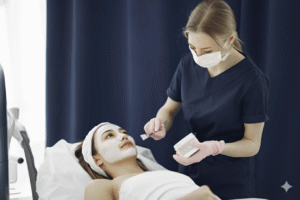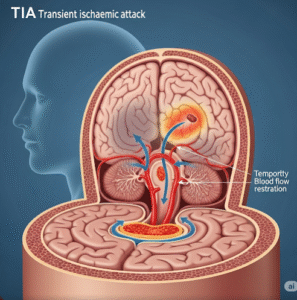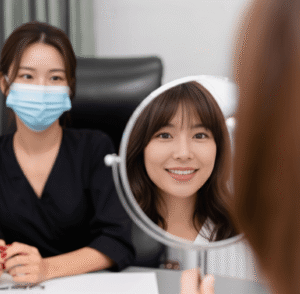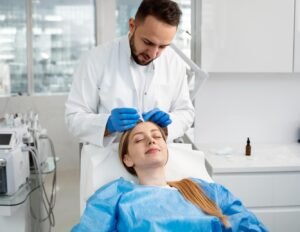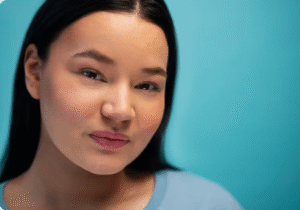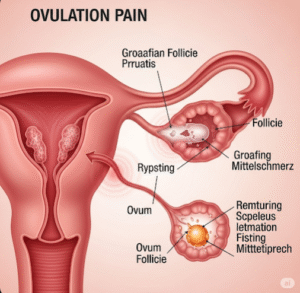Overview
Jock itch, medically known as tinea cruris, is a fungal infection of the groin area, commonly affecting the inner thighs, buttocks, and genitals. It is caused by dermatophyte fungi that thrive in warm, moist environments. Although not serious, it can cause significant discomfort and itching. In Korea, dermatology clinics and hospitals offer quick and effective treatments for jock itch, using advanced antifungal medications and hygiene counseling.
What is Jock Itch (Tinea Cruris)?
Jock itch is a superficial fungal skin infection that occurs in the folds of the groin. It is more common in men but can affect anyone. The fungus spreads through direct skin contact, contaminated towels, clothing, or surfaces.
Symptoms
- Itching, burning, or irritation in the groin area
- Red, scaly, ring-shaped rash with raised edges
- Possible cracking or peeling of the skin
- Worsening discomfort after exercise or sweating
Causes
- Dermatophyte fungi (Trichophyton, Epidermophyton species)
- Excessive sweating and moisture in the groin area
- Wearing tight or synthetic clothing
- Sharing contaminated towels or clothing
- Poor hygiene
Risk Factors
- Men are more commonly affected
- Athletes or individuals with frequent sweating
- Overweight or obese individuals (skin folds trap moisture)
- Weak immune system or diabetes
- Living in hot, humid environments
Complications
- Secondary bacterial infection from scratching
- Spreading to other body areas (feet, nails, hands)
- Recurrent infections if hygiene is poor
- Persistent itching affecting daily comfort
Prevention
- Maintain good personal hygiene
- Keep the groin area clean and dry
- Wear loose, breathable cotton underwear
- Avoid sharing personal items like towels and clothing
- Use antifungal powders or sprays if prone to infections
Treatment Options in Korea
Korea offers modern dermatology care with both over-the-counter and prescription antifungal treatments:
- Topical Antifungal Creams/Ointments
- Common options: clotrimazole, terbinafine, miconazole
- Applied for 2–4 weeks or as prescribed
- Oral Antifungal Medications
- For extensive or recurrent cases
- Examples: itraconazole, fluconazole
- Adjunctive Care
- Keeping the area dry and clean
- Using medicated powders to prevent recurrence




